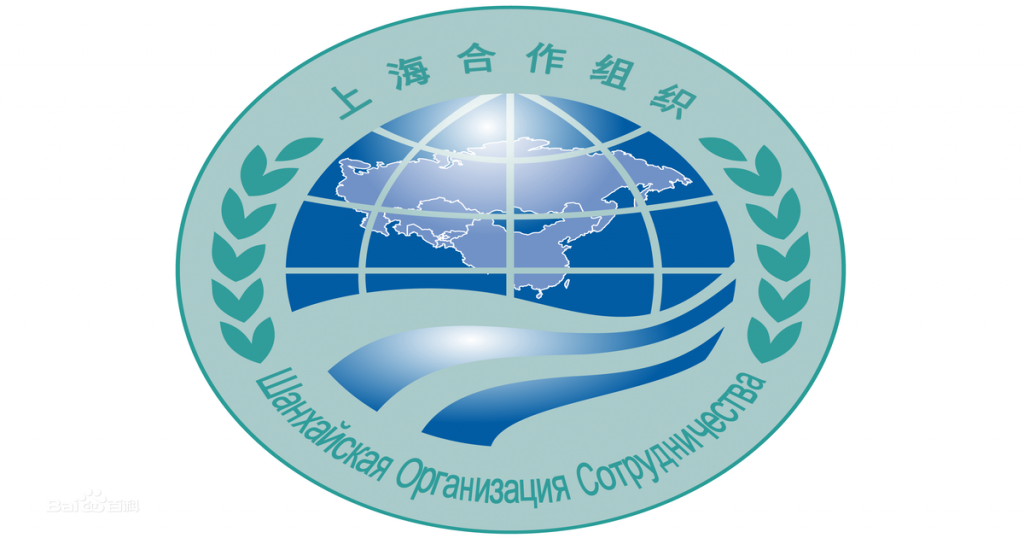The membership of SCO has provided Pakistan with the opportunity to enhance its bilateral and multilateral engagement with various regional actors. Through multilateral diplomacy, Pakistan has been engaging with regional actors. The enhanced bilateral relationship with Russia and Iran is an instance of these developments. SCO is constructing a web of regional connectivity, and Pakistan’s location greatly benefits it by being the epicenter of the trade and communication route.
The SCO offers a much-needed opportunity for Pakistan to become part of a legal normative multilateral forum through which Islamabad can engage with different regional actors. To begin with, the geopolitical significance of the Shanghai Cooperation Organization has increased Islamabad’s geopolitical influence among its members due to its geostrategic location. Pakistan offers a natural link and route to SCO members to gain access to the Indian Ocean. Pakistan also provides a link between SCO countries, especially landlocked Central Asian Republics (CARs), Afghanistan, Xinjiang Province of China towards the South, i.e., Arabian Sea and the Middle East. Consequently, by virtue of its geopolitical location, Pakistan acts as a major artery for regional connectivity. The unique geographical location of Pakistan for interconnectivity has significantly increased its geopolitical significance among the SCO members. The imminent geopolitical location of Pakistan has afforded it the status of an essential actor. Islamabad views the organization of SCO as a giant that can offer geostrategic benefits. This can assist Pakistan in collaborating with the member states toward achieving peace, security and long-term economic affluence in the region.
SCO has infused a new spirit and energy into the bilateral relationship between Pakistan and Russia. Pakistan’s recent high-level official visit to Russia further improved relations. Under the renewed relations, Pakistan has received crude Russian oil at discounted prices. This clearly indicates that Pakistan has benefited from its membership in the Shanghai Cooperation Organization.
Similarly, the progress of the China-Pakistan Economic Corridor (CPEC) and the completion and functioning of its major projects have also benefited Pakistan. CPEC is building a network of transportation, infrastructure and economic zones. This trade and investment structure of CPEC has made Pakistan a viable state for SCO member states to boost their economies through cooperation and collaboration. Pakistan’s tilt towards the SCO nations seems to increasingly strengthen trade and economic cooperation, as evident in the case of Russia, Iran and Azerbaijan. The active participation in trade, security and other areas is becoming beneficial for Pakistan, especially at a time when its relations with the US are again sour. This clearly indicates that Pakistan’s membership in the Shanghai Cooperation Organization has brought several benefits to the country both in economic and political terms.
Pakistan has been significantly affected by terrorism and a fragile security environment in Afghanistan. The SCO States are also vulnerable to terrorism and extremism. Pakistan, Russia, Iran and China have all expressed their concerns about the deteriorating situation in Afghanistan and the emergence of the terrorist organization known as the Islamic State in Iraq and Syria (ISIS). In terms of regional security, by collaborating with the SCO, Pakistan has a historical opportunity to combat the menace of terrorism. The Shanghai Cooperation Organization has recognized Pakistan’s sacrifices and contribution against terrorism and extremism. This fits the framework of the SCO which endorses the fight against the three evils of terrorism, extremism and separatism. In 2022, the Samarkand Declaration emphasized initiatives for cooperation in countering terrorism and recognized Pakistan’s efforts. Additionally, the Shanghai Cooperation Organization is also contributing meaningfully to enhancing Pakistan’s competency against terrorism, mainly through the Regional Anti-Terrorist Structure (RATS). Pakistan has been engaged in bilateral cooperation with other countries to fight against terrorism. Similarly, the member states of the SCO can also strengthen initiatives against terrorism by regularly carrying out joint anti-terrorism exercises through the mechanism of RATS by ensuring cooperation.
Although Pakistan has acquired several benefits from its membership in the SCO, this cooperative relationship can be further increased by taking several steps to strengthen future collaboration. To begin with, SCO countries conduct the largest military exercises in the world. Pakistan can modernize its military by ensuring its participation in these military exercises. Currently, Pakistan is heavily dependent on the US and the West for defence equipment. Russia’s advancement in Science and Technology can allow Pakistan to diversify its import of defence equipment along with China. Keeping in view the security and economic strength of SCO, Pakistan can benefit by reducing border tension and establishing a zone of peace that can be extended to Central and South Asia. SCO members and Pakistan should institutionalize their cooperation on Afghanistan to prevent Afghanistan from getting destabilized. In addition, Pakistan should also strive to use the multilateral forum of SCO to resolve its differences with India, including the Kashmir conflict.
In the face of climate change, Pakistan and other members of the SCO are facing many challenges. Pakistan suffered from floods in 2022. By collaborating with SCO members, Pakistan can enhance its ability to increase its climate action capacity. Pakistan needs to further promote trade and commercial activities with SCO members. Since there is enormous regional potential for economic cooperation, Pakistan should actively pursue commercial activities, including energy, heavy industry, agriculture and textiles. This will further facilitate economic integration in the region and has the potential to increase the volume of trade multifold.
—The writer is a Pakistani Climate Youth Leader, UN SDGs Advocate and an expert on Youth Development in the Global South.





